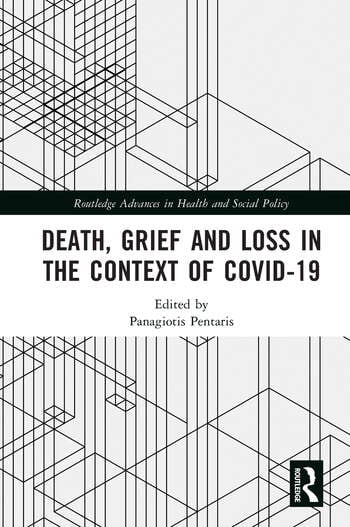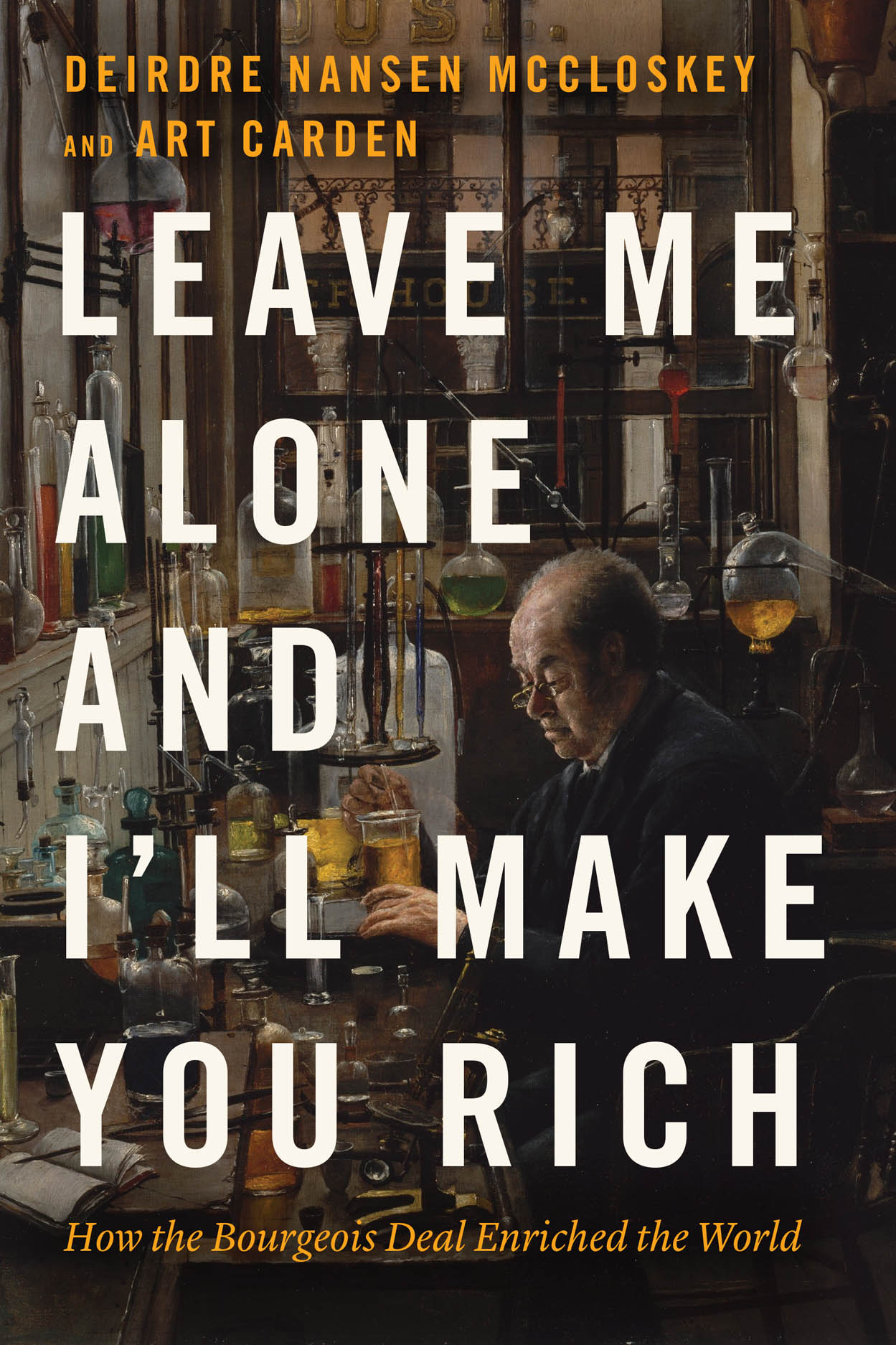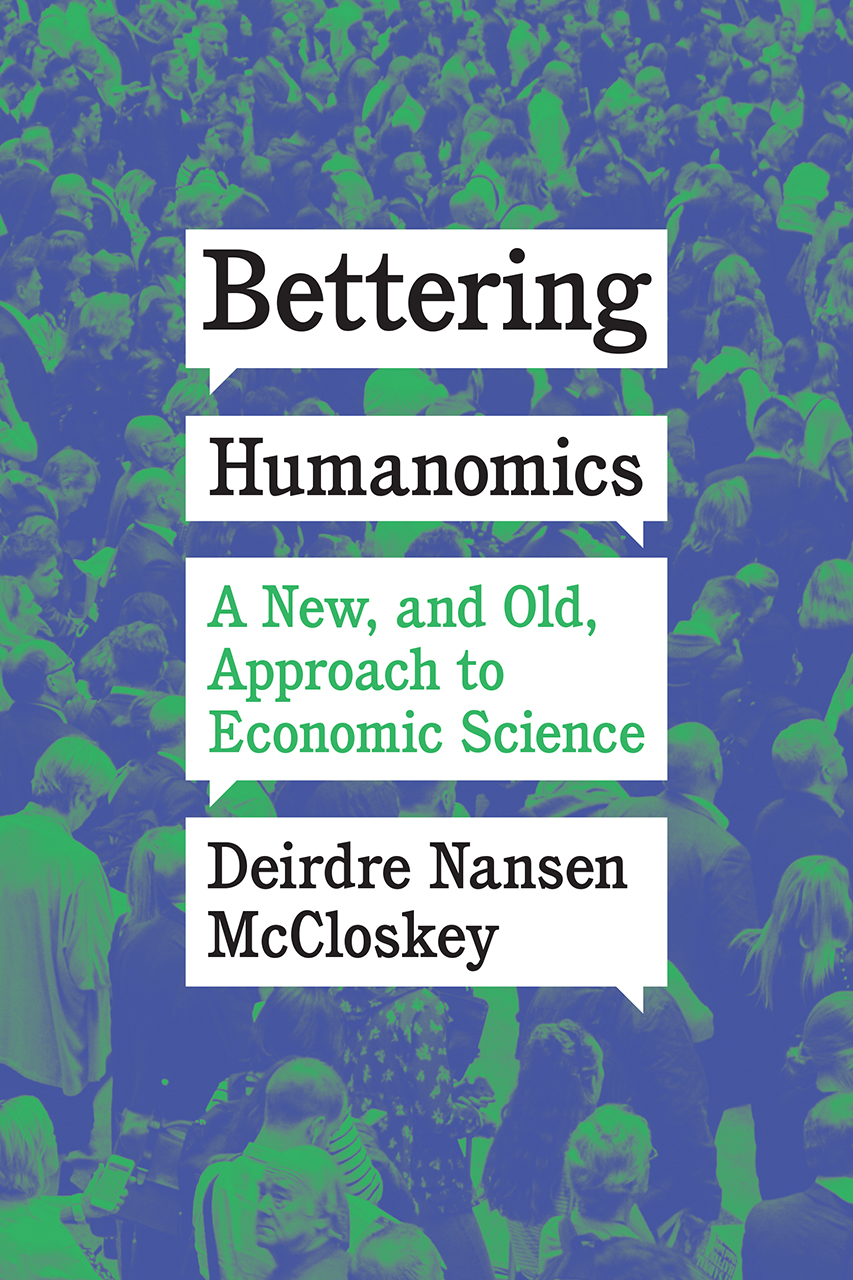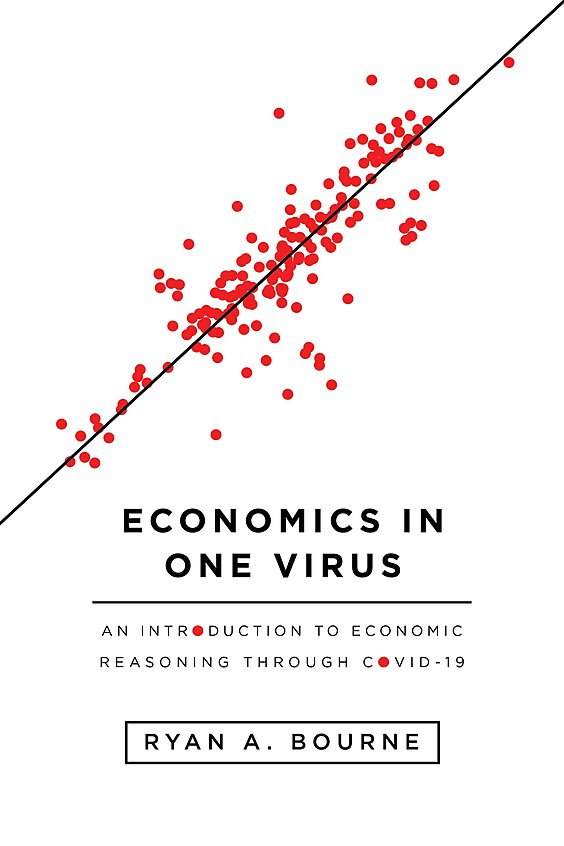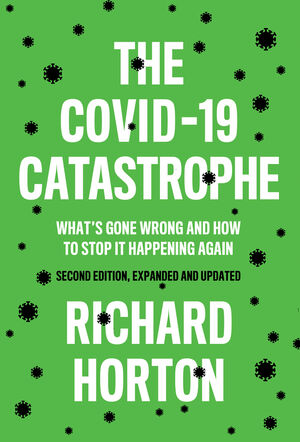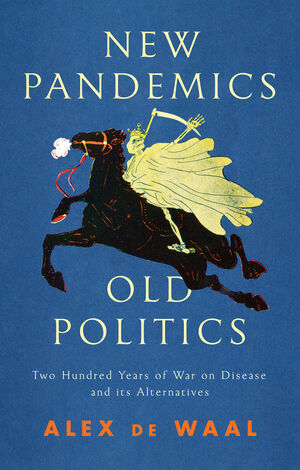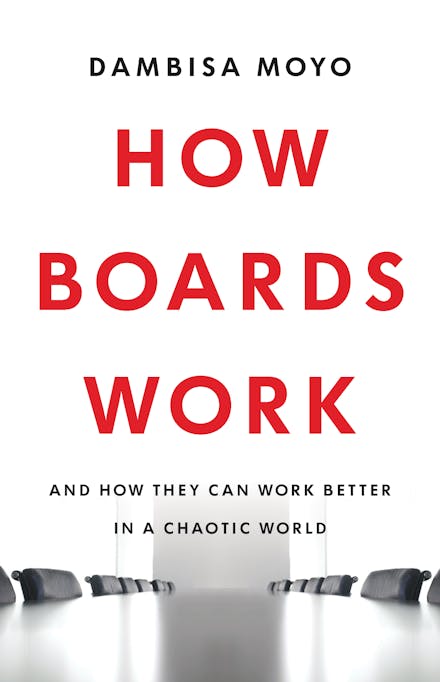Death, Grief and Loss in the Context of COVID-19
Outline of the book:
Introduction: Capturing the beginning of a long journey of loss, trauma and grief Panagiotis Pentaris
PART 1: Reconsidering Death and Grief in Covid-19
Chapter 1. Familiarity with death
Chapter 2: Grief in the COVID-19 pandemic
Chapter 3: Apocalypse now: COVID-19 and the crisis of meaning
Chapter 4: Physically distant but socially connected: Streaming funerals, memorials and ritual design during COVID-19
Chapter 5: Social death in 2020: Covid-19, which lives matter and which deaths count?
PART 2: Institutional Care and Covid-19
Chapter 6: End-of-life decision-making in the context of a pandemic
Chapter 7: NHS Values, Ritual, Religion, and Covid-19 Death
Chapter 8: Non-COVID-19 related dying and death during the pandemic
Chapter 9: Covid-19 and care home deaths and harms: A case study from the UK
Chapter 10: Impact of Covid-19 on mental health and associated losses
Chapter 11: Assisted dying and Covid-19
PART 3: Impact of COVID-19 in Context
Chapter 12: Losing touch? Older people and COVID-19
Chapter 13: Between cultural necrophilia and African American activism: life and loss in the age of COVID
Chapter 14: The biopolitics and stigma of the HIV and Covid-19 Pandemics
Chapter 15: Suicide in the context of the COVID-19 pandemic
Chapter 16: Death and dying during the COVD-19 pandemic: The Indian context
